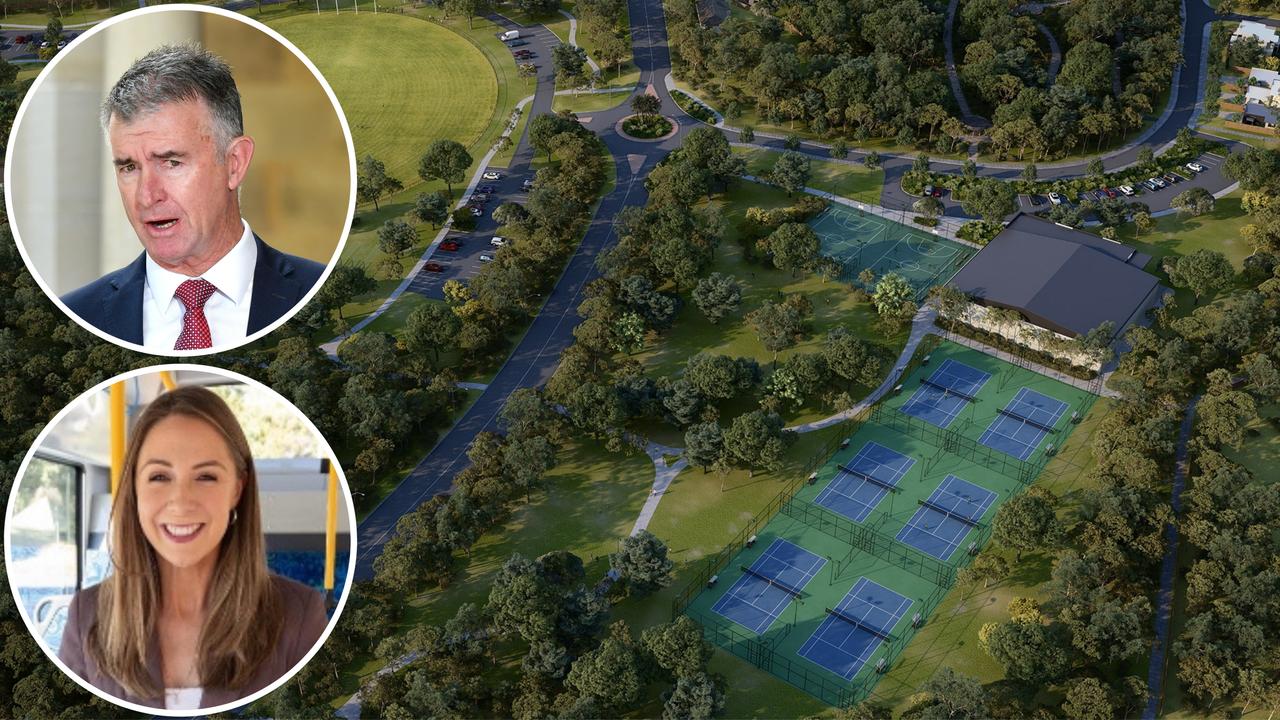Report card: The Coast gets a B minus for water quality in its rivers and Broadwater
Gold Coast waterways have scored a shock poor result in annual surveying conducted across southeast Queensland.
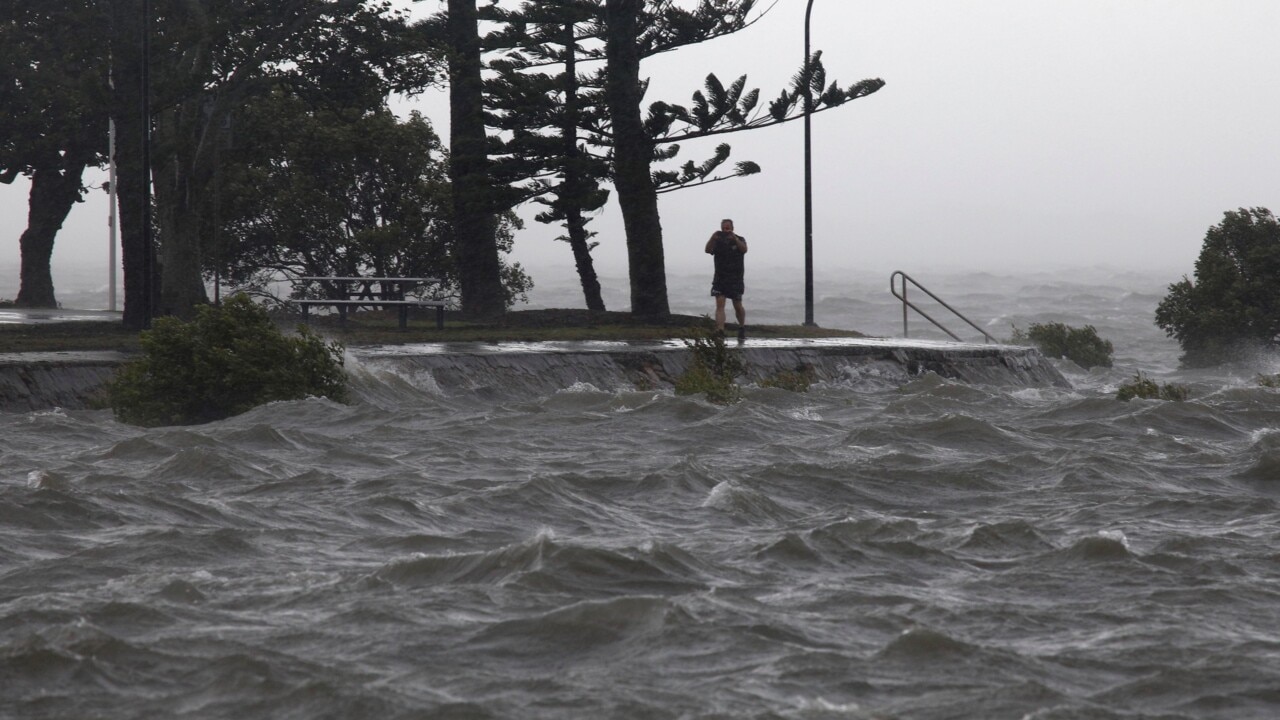
Council
Don't miss out on the headlines from Council. Followed categories will be added to My News.
GOLD Coast waterways scored a shock poor result in annual surveying conducted across southeast Queensland.
A progress report to the council’s governance committee reveals the average annual grading for Coast waterways was a B minus.
“This is slightly below the measure baseline and has been marked as a monitor as it is also below the checkpoint target,” the report said.
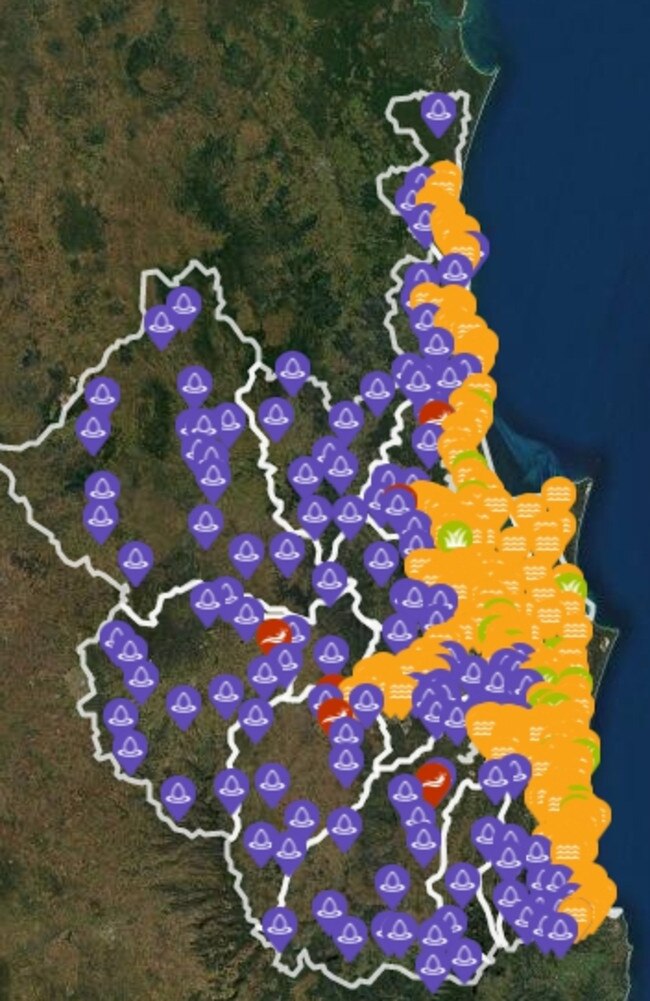
The results reflected higher nutrient levels caused by flooding in the summer months.
“Some freshwater areas also saw lower numbers of fish as a result of the extended dry period experienced during the spring of 2020,” the report added.
A council spokesperson said the Healthy Land and Water annual report card showed the city’s natural waterways scored reasonably well but were impacted by significant rainfall in January and February 2020.
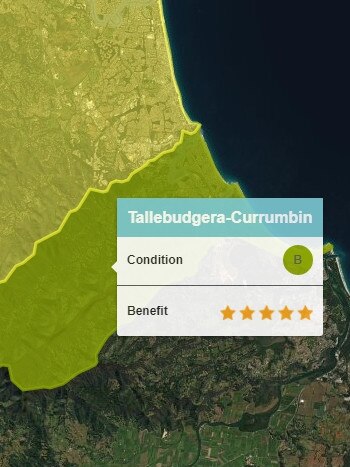
The weather events followed a drought and revitalised freshwater reaches but also transported sediment and nutrients into estuaries.
“This resulted in an improved grade for freshwater reaches, but a slight decrease in our estuaries and Broadwater,” the council spokesperson said.
The Pimpama-Coomera and Tallebudgera-Currumbin catchments scored a B, Nerang recorded a C and the Albert region in the city’s north registered a B-minus.
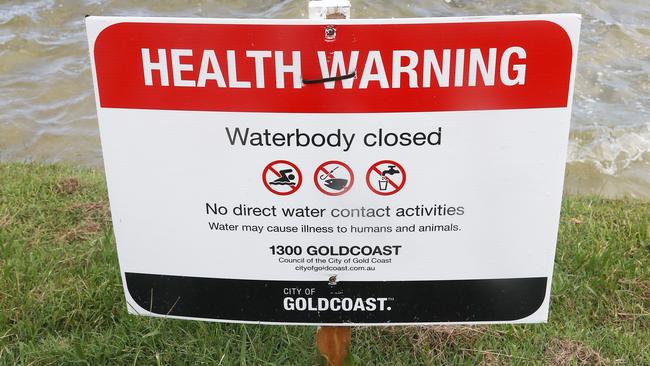
This compares to a D rating for the upper Brisbane catchment, C-plus for Redlands and A for Noosa where researchers found the coastal lagoon system remained intact.
Most Coast catchments had “improved slightly” but remained in only “fair condition”.
The report warned that the Pimpama-Coomera catchment during the next 25 years would face increasing challenges as it became one of the fastest-growing areas in Australia.
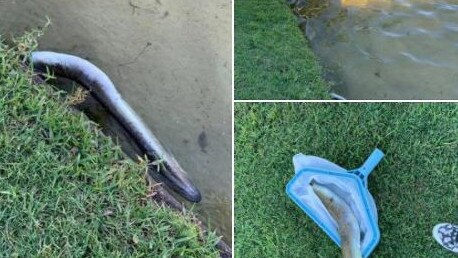
About 59 per cent of those catchment residents reported they would be likely to clean up sections of their local waterways in the next 12 months, and 38 per cent wanted to be more involved in their environmental community group.
The council says it is trying to improve reporting grades by restoring vegetation on riverbanks and controlling sediment.
“Picking up after your pet, placing rubbish and cigarette buts into a bin, not throwing palm fronds or other green waste into canals, not tipping chemicals down stormwater drains all help preserve the quality and safety of our waterways,” the spokesperson said.
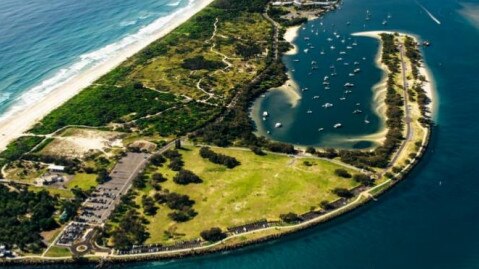
The council is to spend $1.5m to restore the wetland area behind the Gold Coast Turf Club at Black Swan Lake following a seven-year community campaign.
Families are being warned not to swim at popular areas such as the Marine Stadium at The Spit and at Lake Hugh Muntz in Mermaid Waters.
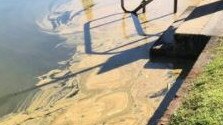
Gold Coast Waterways Authority is surveying residents about potential solutions at Bum’s Bay at The Spit where anchored boats have caused pollution by releasing sewerage.
City officers recently reported the Marine Stadium received a suitability grade of “very poor” due to a microbial assessment category score D. The range is from A.
Latest research reveals there is no easy solution to improving water quality at Lake Hugh Muntz, leaving council to consider multiple options.



